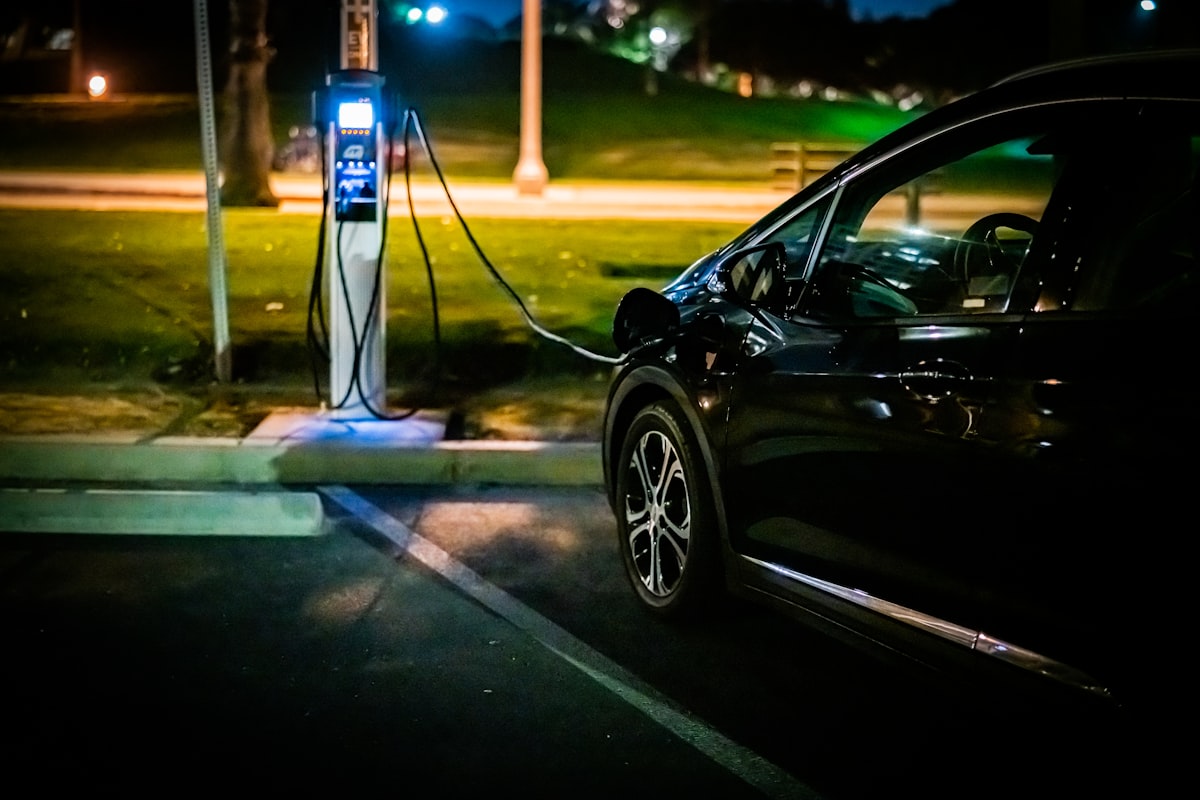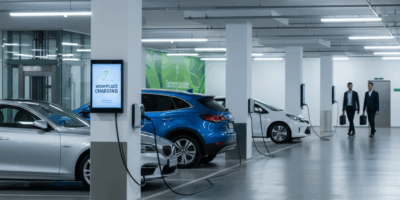Pacific Northwest Home Charging Solutions for Electric Vehicles
Home charging options in the Pacific Northwest have gotten complicated with all the charger levels, utility programs, and installation variables flying around. As someone who’s helped dozens of EV owners across Washington and Oregon set up home charging, I learned everything there is to know about what actually works in this region. Today, I will share it all with you.
The Northwest offers some advantages for EV ownership—clean hydropower, strong utility incentives, and growing infrastructure. Here’s how to maximize them for home charging.
Level 1 Charging: The Simple Start
Probably should have led with this section, honestly—Level 1 charging using a standard 120V outlet costs nothing to set up. Most EVs include the necessary cable.

Level 1 adds about 3-5 miles of range per hour. Overnight charging gets you 40-50 miles. That works for plug-in hybrids or short commutes. If you’re driving 30 miles daily and plugging in every night, Level 1 handles it.
Level 2 Charging: The Practical Standard
Level 2 uses a 240V outlet (like your dryer) and adds 20-40 miles per hour. That’s what makes Level 2 endearing to us daily drivers—plug in when you get home, wake up with a full battery regardless of how much you drove.
Level 2 chargers cost $400-700 for the unit. Installation runs $200-800 depending on panel location and electrical work needed. Combined, expect $600-1,500 total.
Northwest Utility Incentives
This is where the region shines. Most utilities offer charger rebates:
- Puget Sound Energy: Up to $500 for Level 2 charger installation
- Portland General Electric: $500 rebate plus special EV rates
- Seattle City Light: Rebates for equipment and installation
- Avista: Up to $600 for home chargers
These rebates can cover half your installation cost. Check your specific utility—programs change but incentives remain strong.
Location Considerations
The Northwest brings specific factors:
- Rain protection: Outdoor chargers need NEMA 4 or higher ratings. Even rated equipment benefits from shelter.
- Garage vs outdoor: Indoor installation avoids weather concerns and often reduces installation cost.
- Panel proximity: Shorter wire runs from your electrical panel cost less.
Solar Integration
The Northwest has more sunny days than people assume, especially east of the Cascades. Solar panels combined with EV charging creates essentially free fuel once installation costs recover. Some chargers can prioritize solar power when available.

Smart Charger Features
WiFi-connected chargers offer scheduling, monitoring, and rate optimization. Set charging to start at midnight when time-of-use rates drop. Track monthly consumption. Get alerts if something goes wrong.
The scheduling feature alone saves $30-50 monthly for heavy drivers on time-of-use plans.
Power Outage Considerations
Northwest storms occasionally knock out power. If reliable charging matters (think essential workers), consider backup options: battery storage, generator compatibility, or maintaining a charging buffer.
Future-Proofing
EV batteries keep getting bigger. If you’re installing infrastructure now, consider a charger rated for higher amperage than your current vehicle needs. Upgrading the charger later is cheaper than re-running wiring.
The Northwest provides an ideal environment for EV ownership. Relatively clean grid power, strong utility support, and expanding public charging complement home setups well.
Recommended EV Accessories
NOCO GENIUS10 Smart Charger – $79.95
Advanced battery maintainer and charger.
EV Charging Station Guide
Navigate the EV charging landscape.
As an Amazon Associate, we earn from qualifying purchases.



